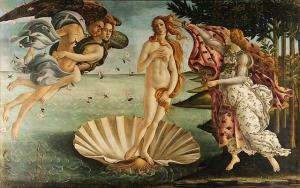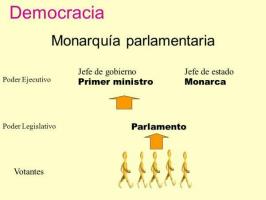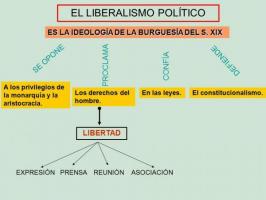Aristotle's Physics
In physics Aristotle contradicts Heraclitus theory and he considers that the beings that exist in the present have a limited capacity to exist in the future. For example, from an egg, we can make an omelette, a cake, but never a car or a human being. Therefore the future possibilities of a being are not unlimited or unpredictable.
Aristotle calls the movement of the passage from potency to act, for example: a tree is a tree in act, a seed is a potential tree. According to Plato this was not possible since the movement was unpredictable and the same as Heraclitus. In this case Aristotle he goes further than his teacher.
Aristotle considers that matter is what determines what can be in the future. This is what allows us to understand that two months one of wood and glass will have different futures since this future depends on the material with which they are made.
Exchange rates is another aspect treated by Aristotle:
- Substantial: one thing ceases to be what it is and becomes something else
- Accidental: translation, increase, decrease, alteration. These are accidental changes that do not change the way of being.
So far the explanation of this interesting video, a little below you have exercises, with their solutions where you can put into practice everything you have learned about Aristotle Physics.



